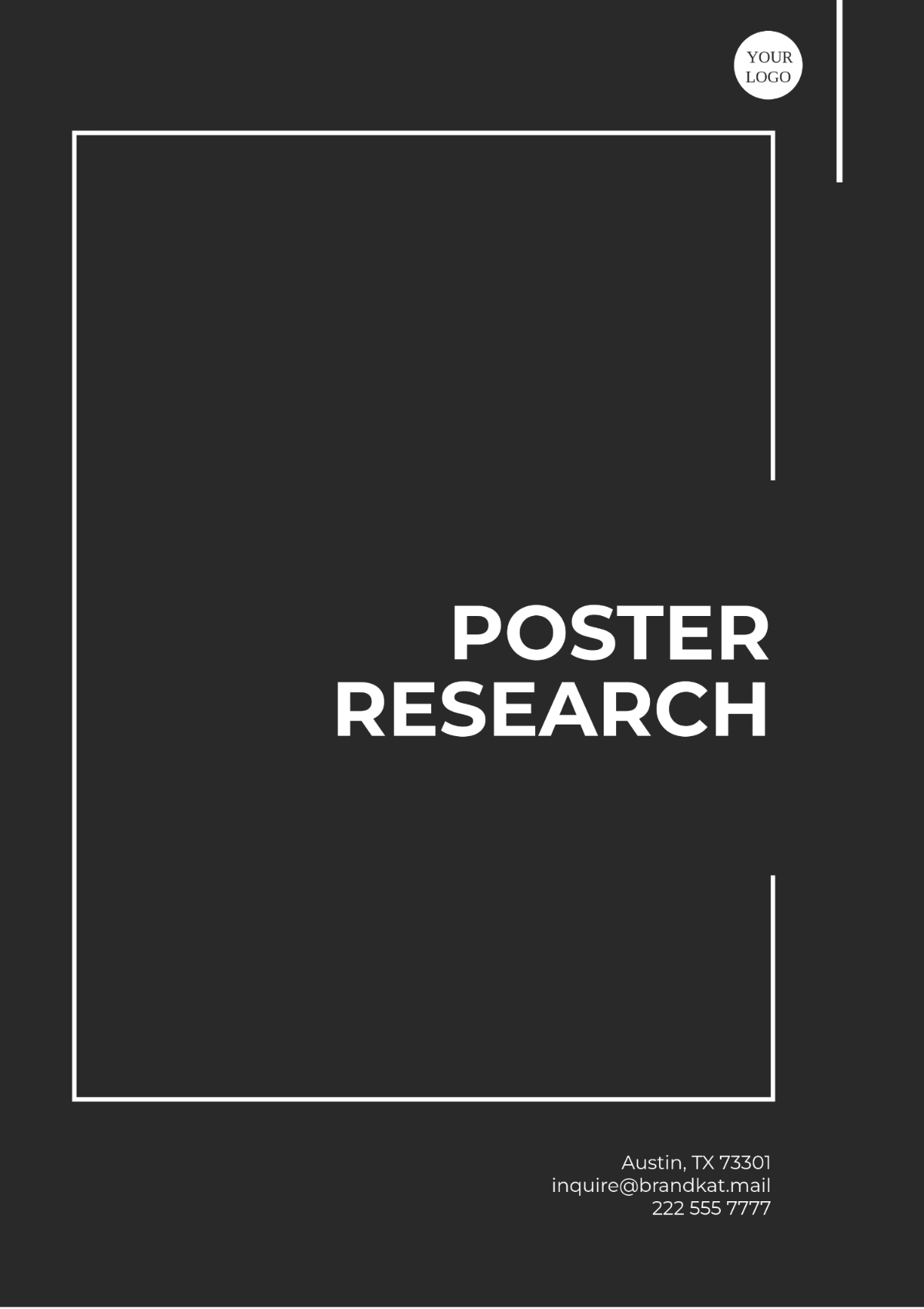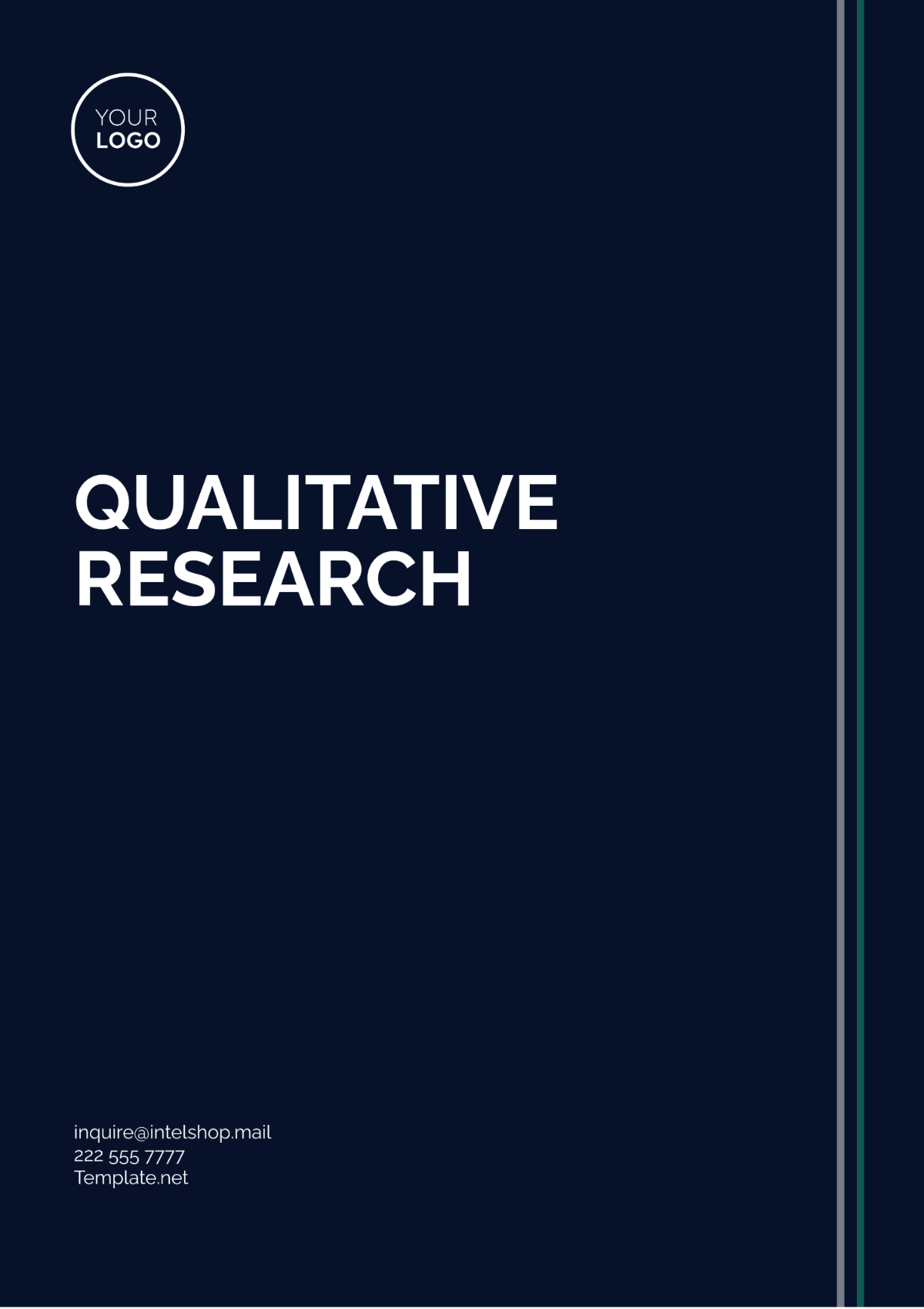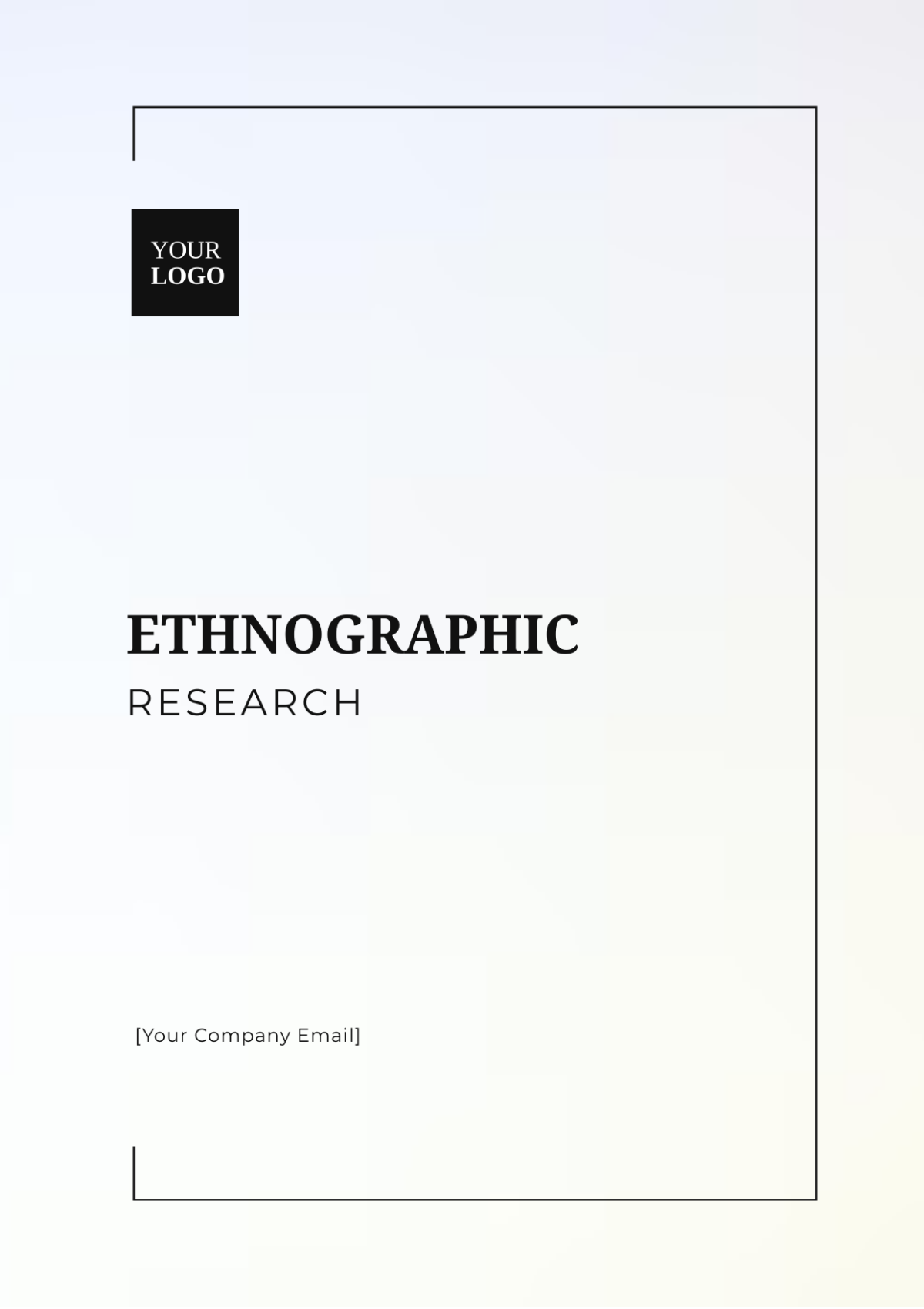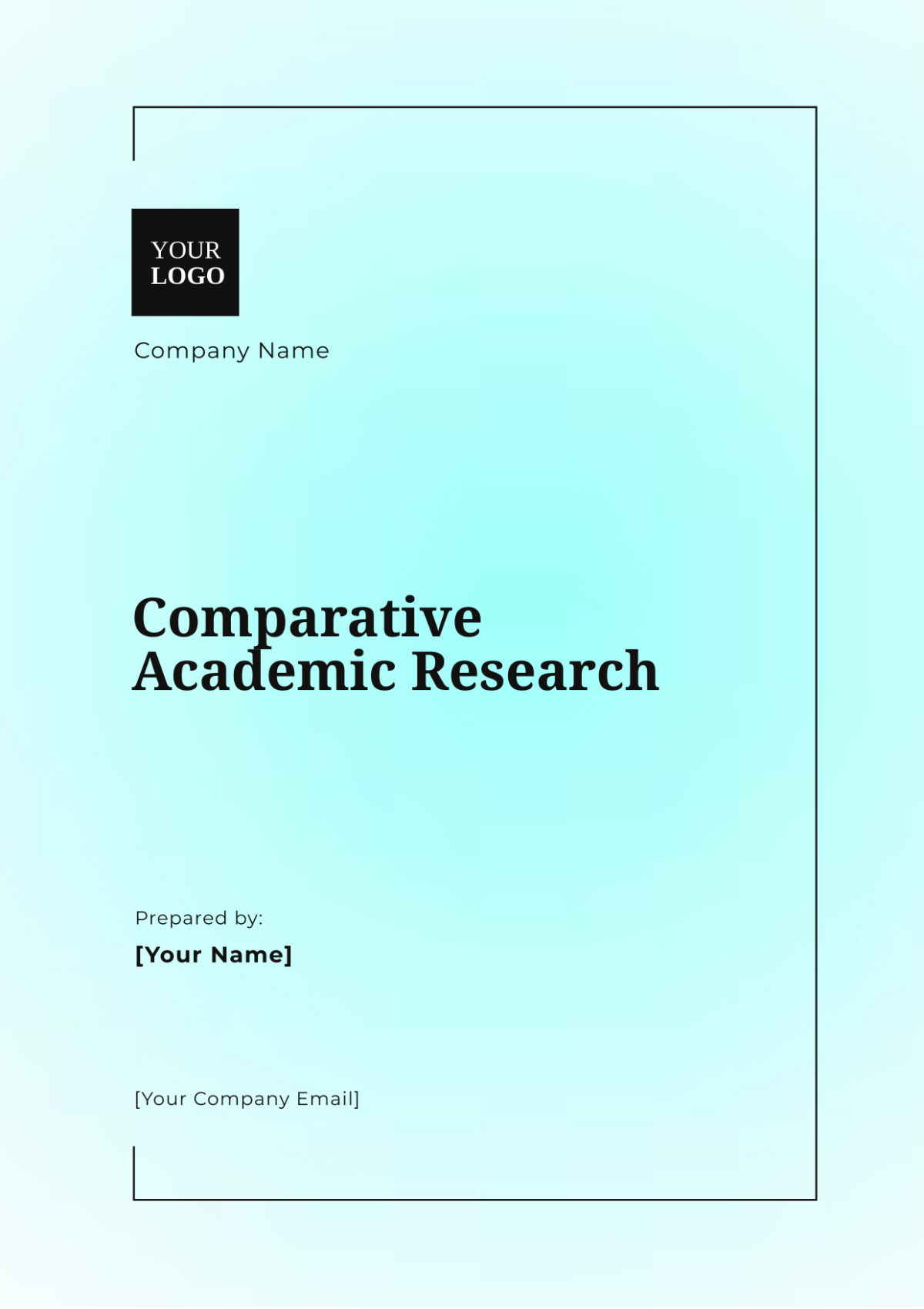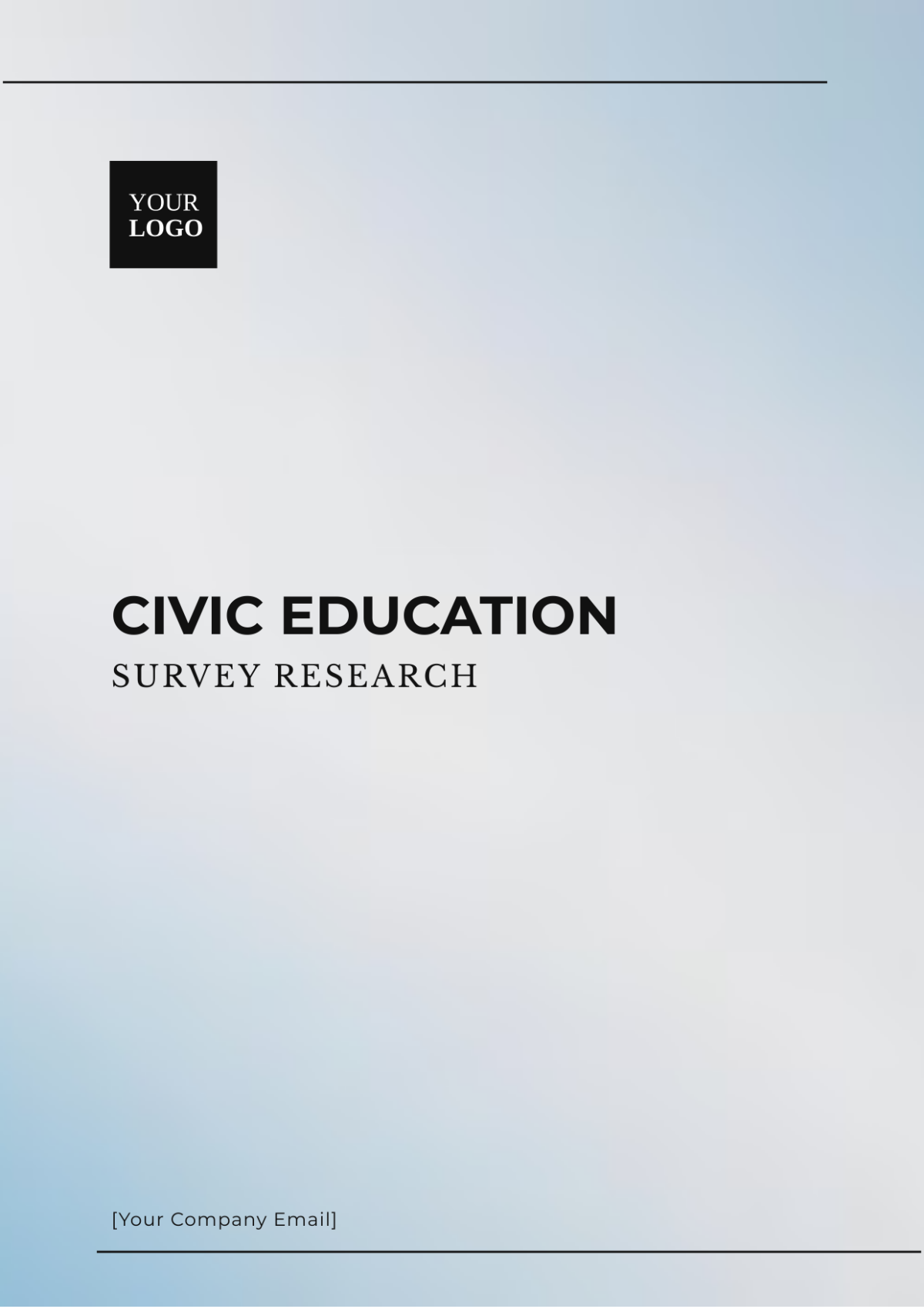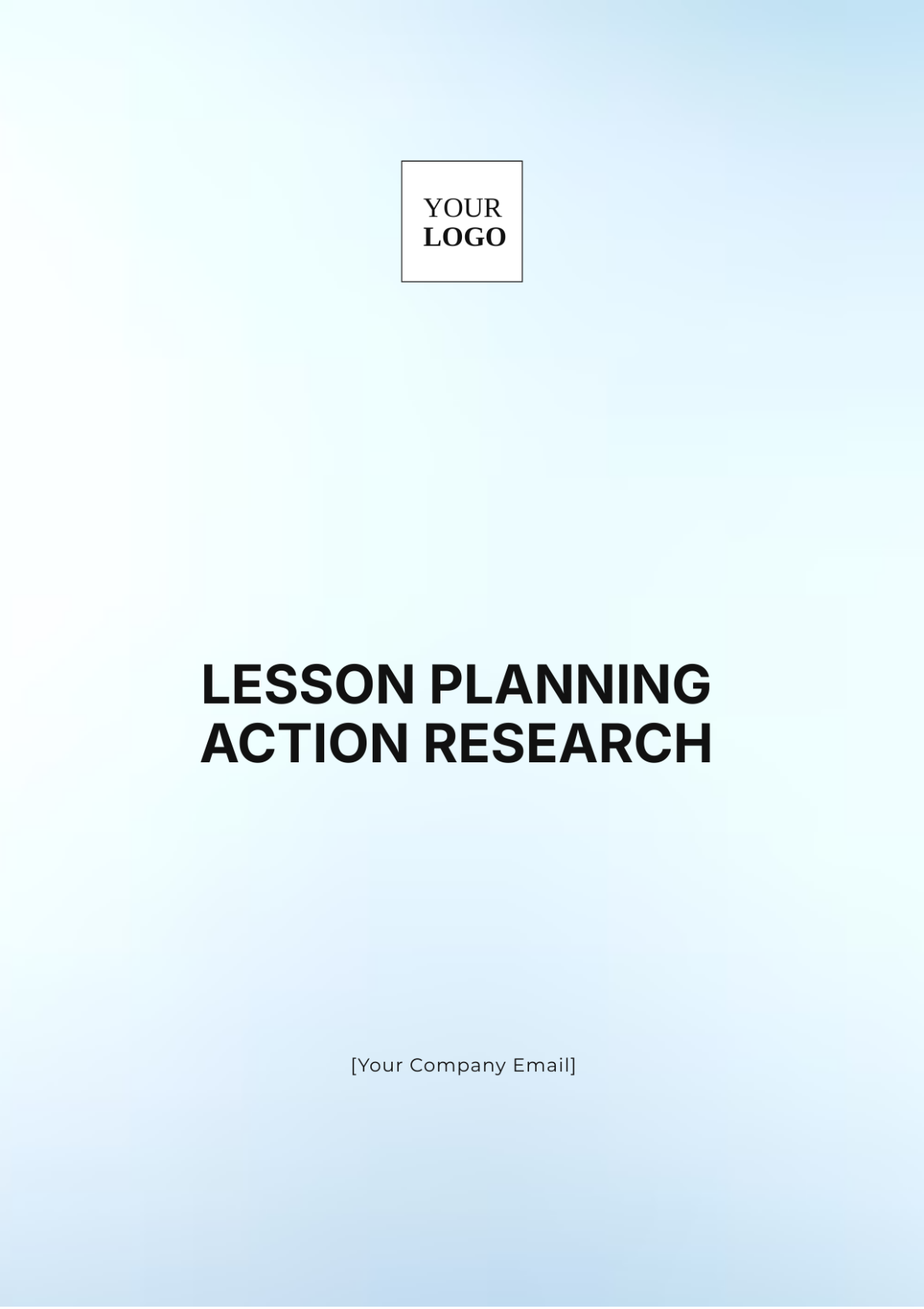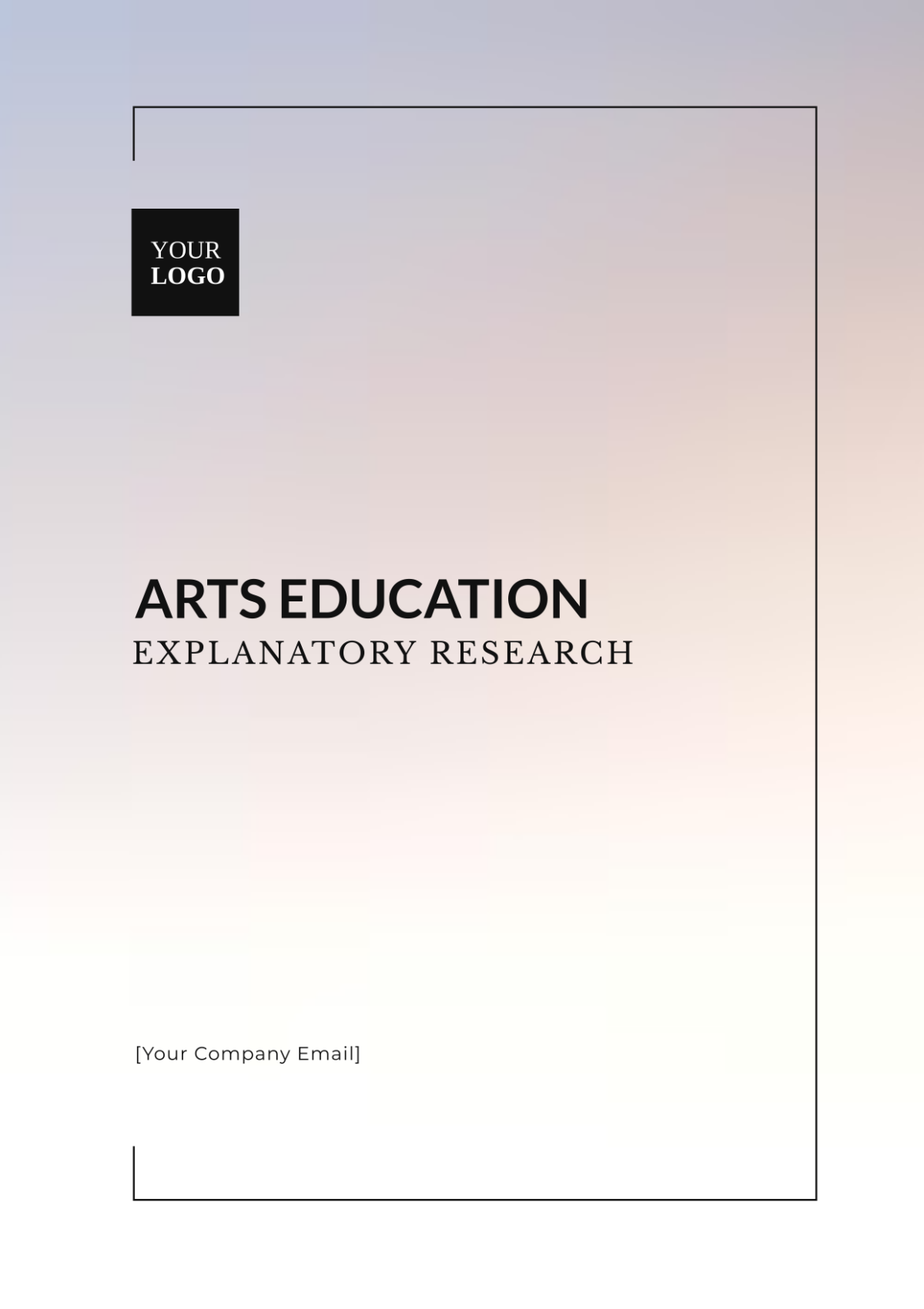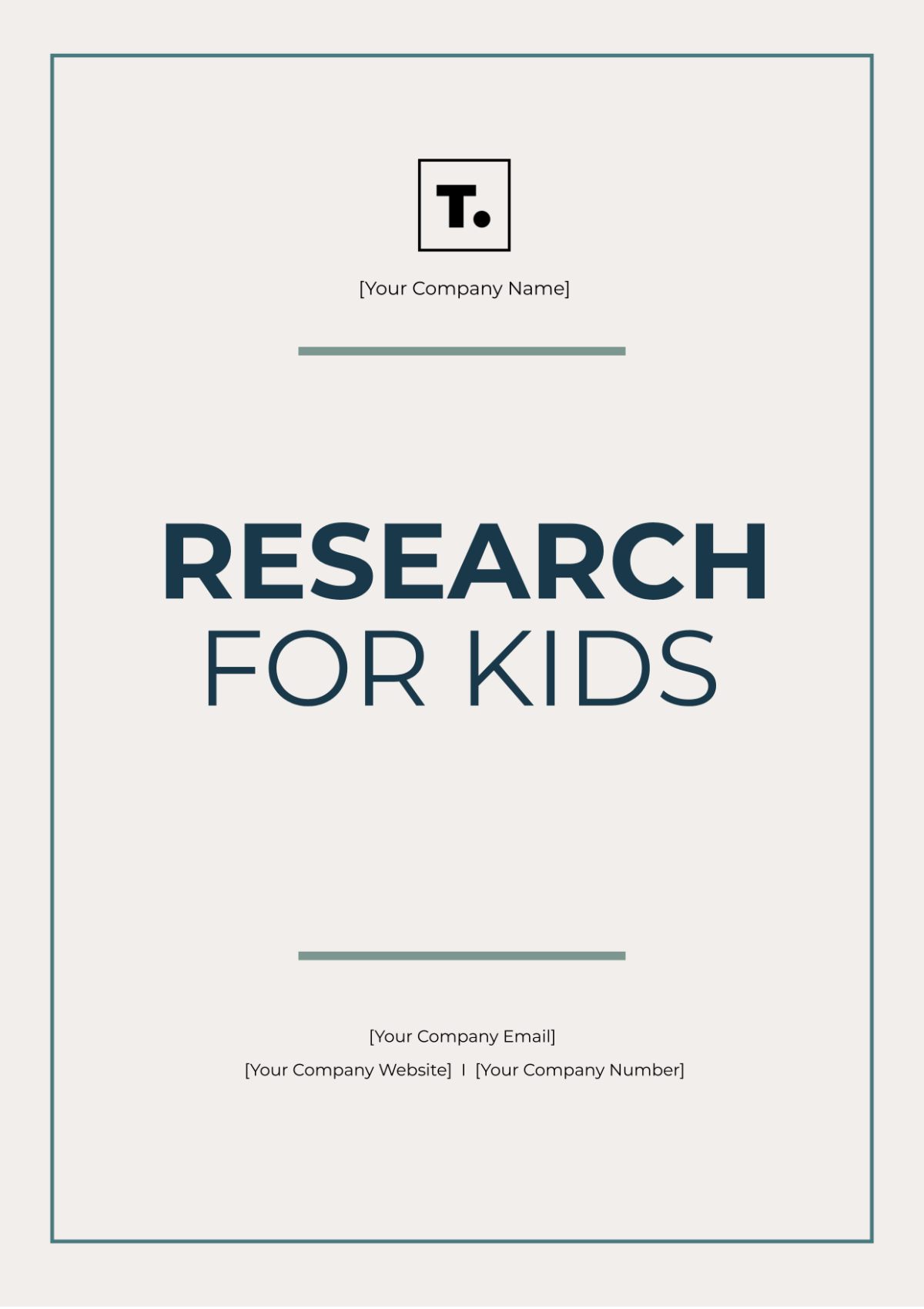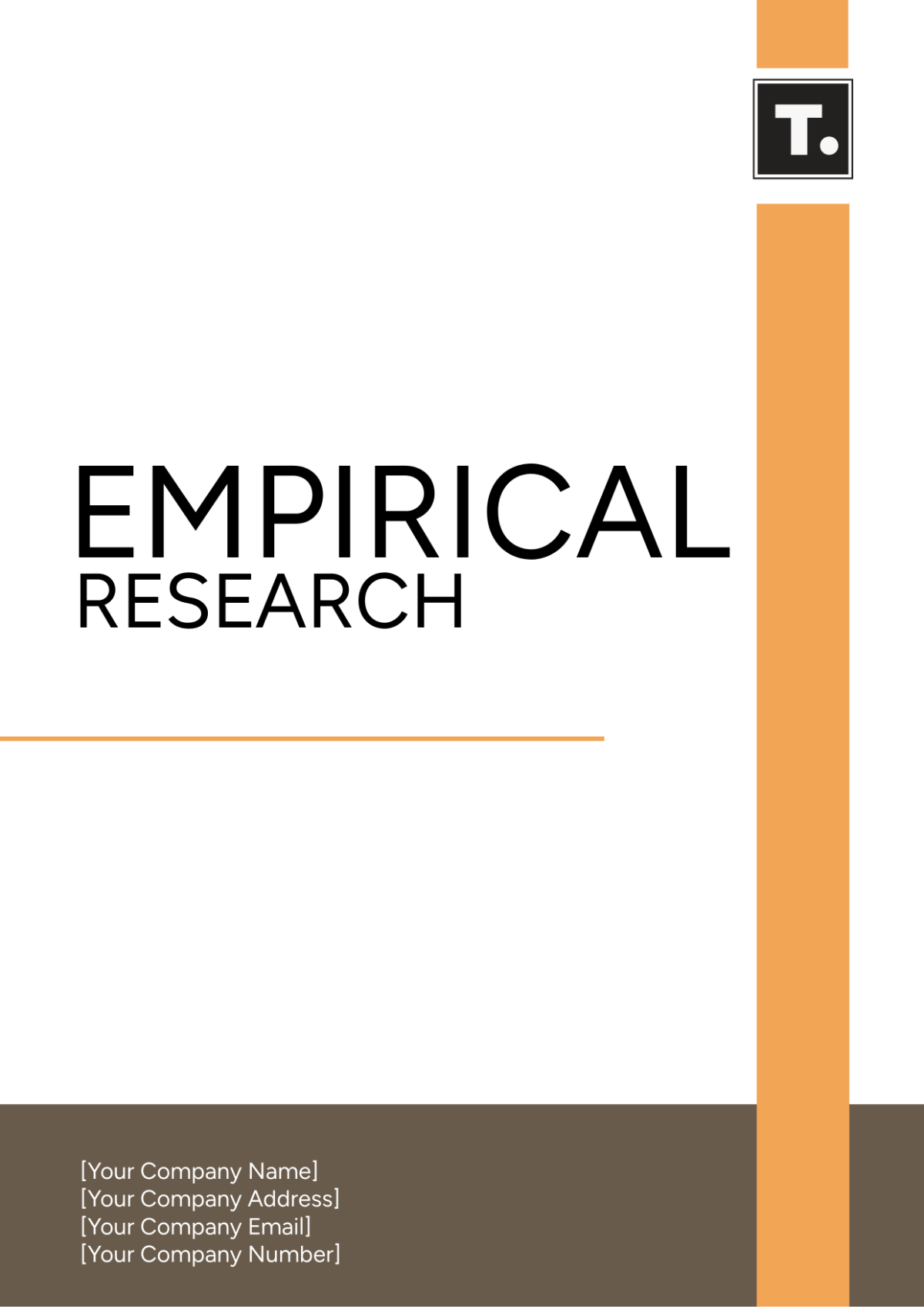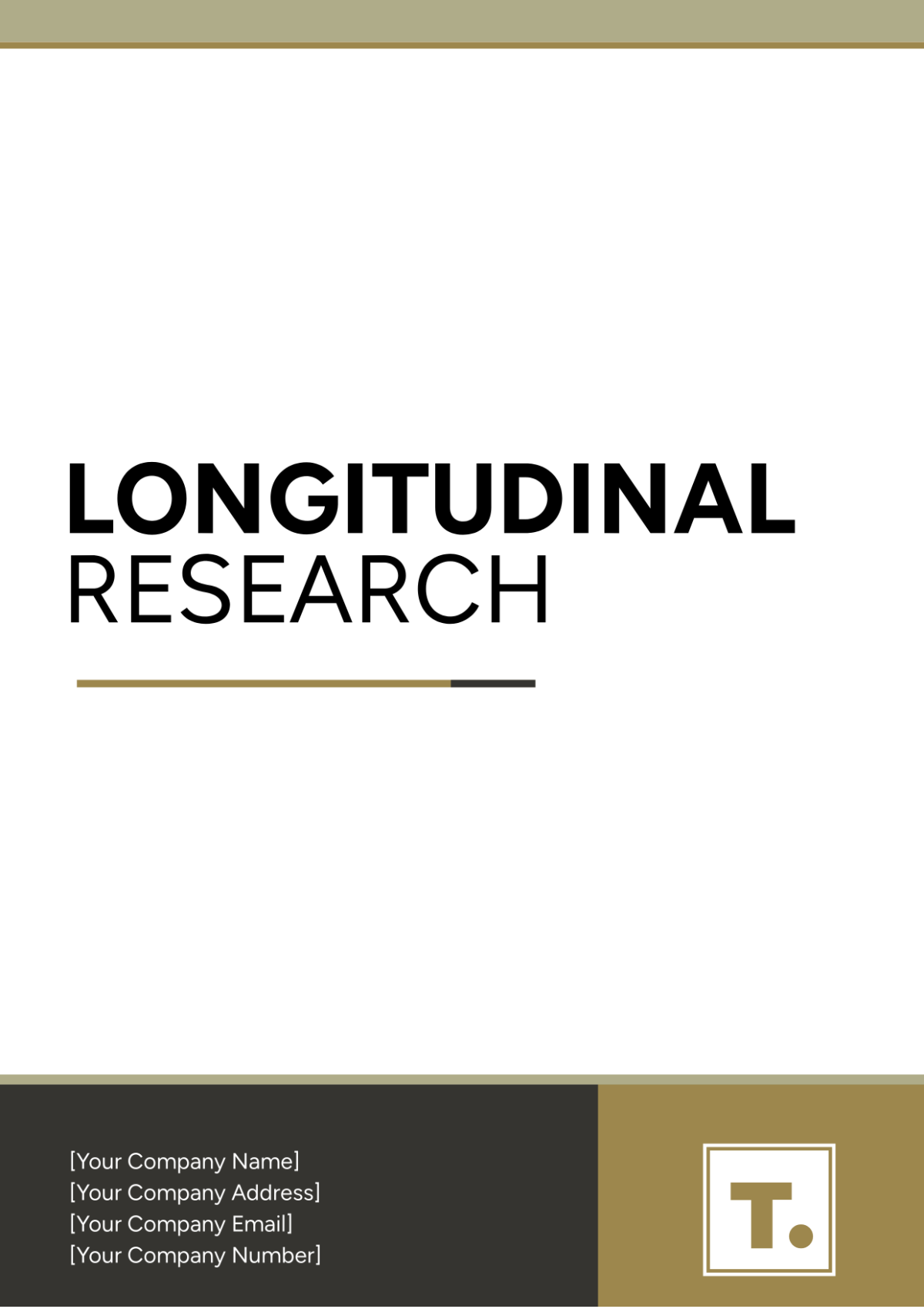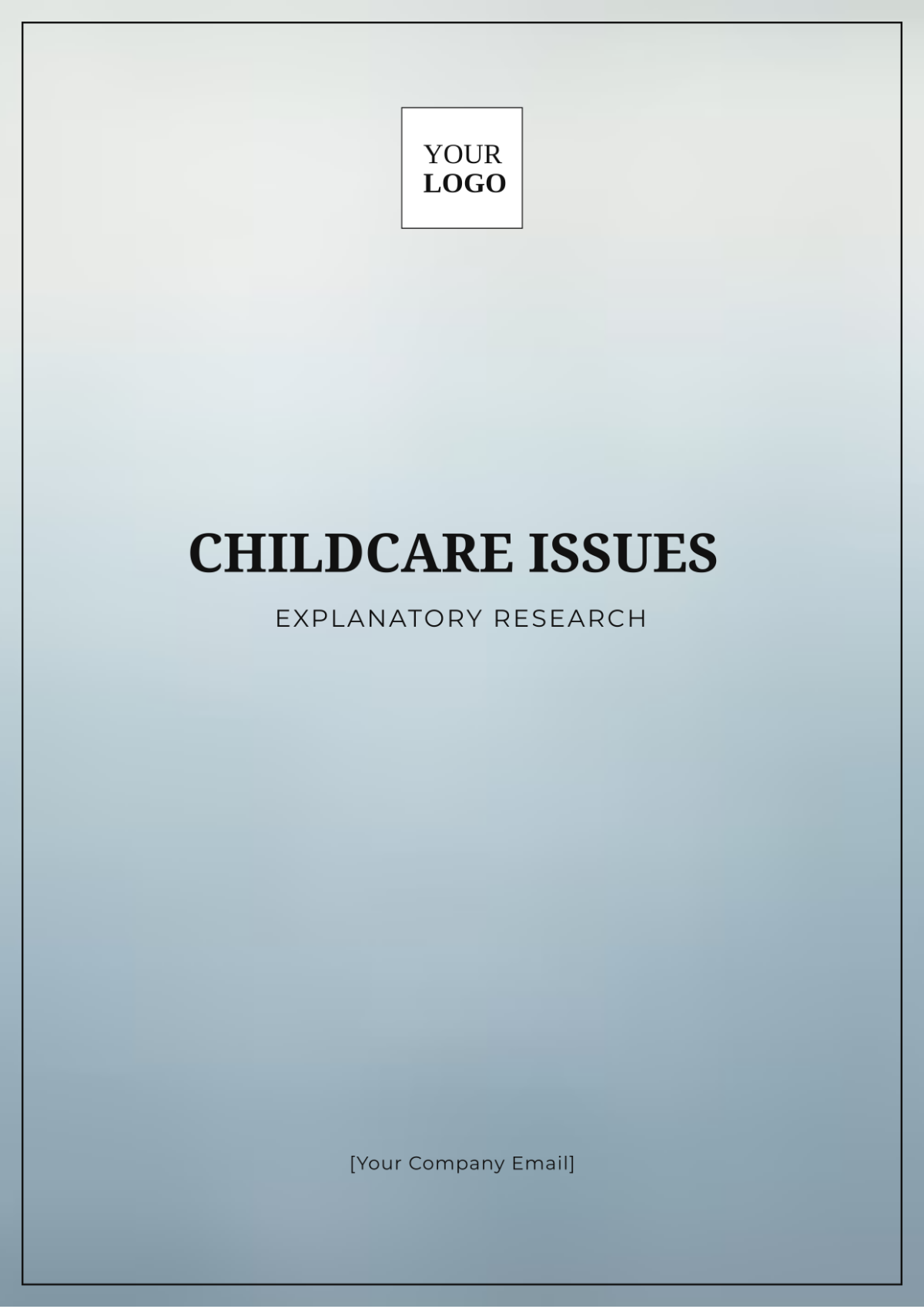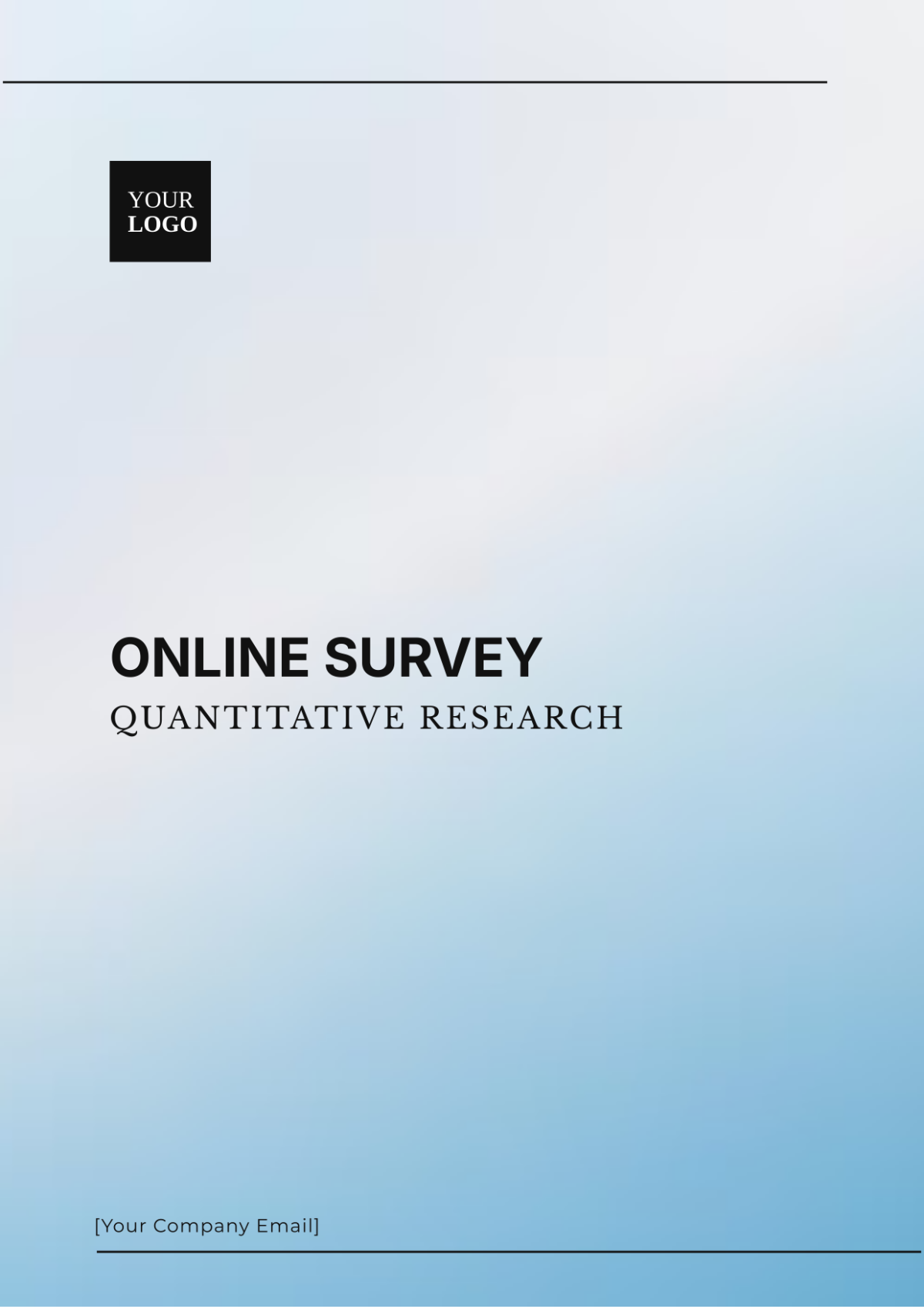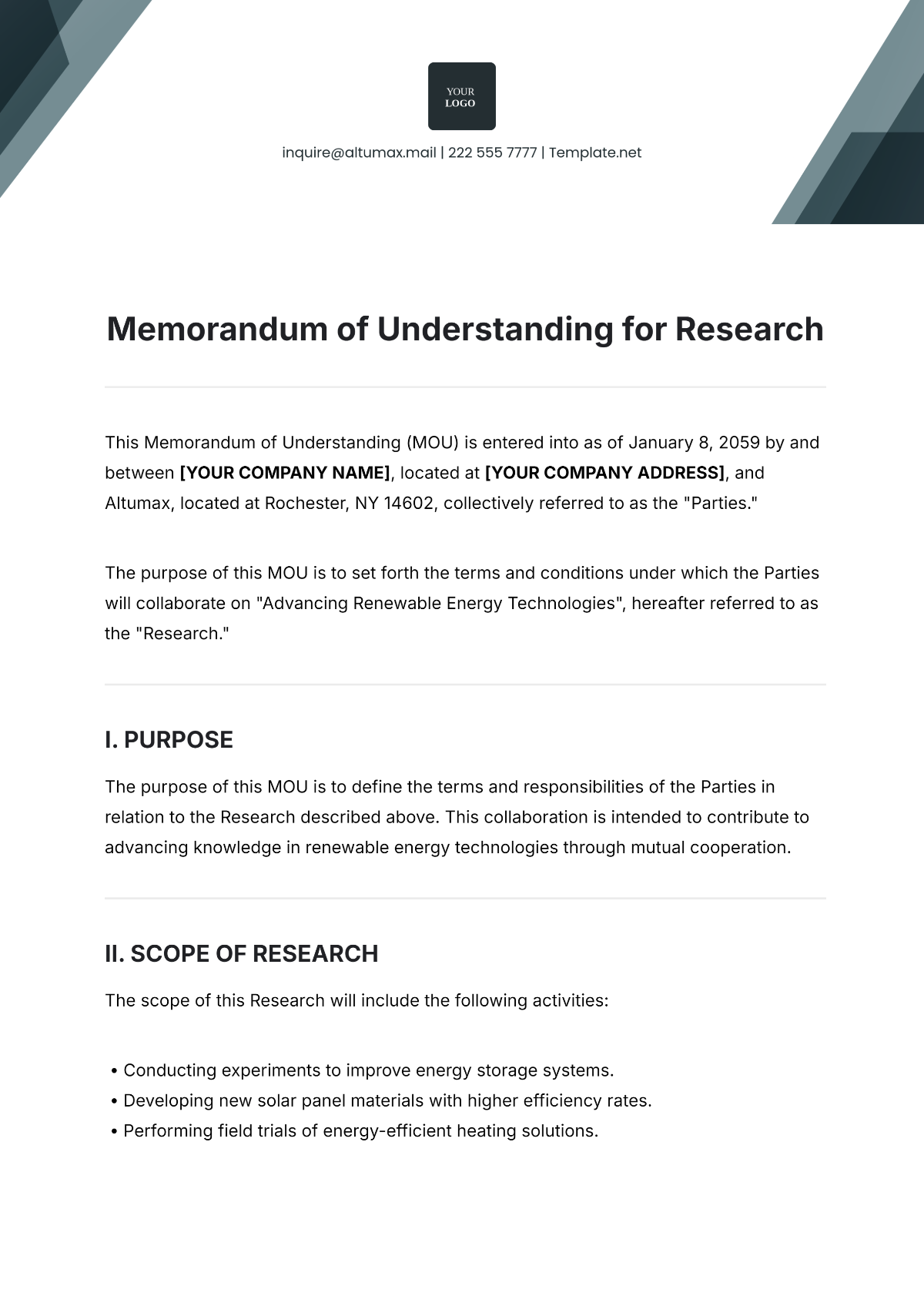Phenomenology Explanatory Research
Researcher: [Your Name]
Date: [Date]
I. Abstract
This study explores the application of phenomenology in understanding human experiences and consciousness. It examines how phenomenological methods can be used to gain insights into subjective experiences and the essence of phenomena. The research integrates a review of existing literature, outlines the methodological approach, and presents findings on how phenomenology provides a unique perspective on human experience. The study concludes with implications for future research and practice.
II. Introduction
Phenomenology is a philosophical and methodological approach aimed at studying lived experiences from a first-person perspective. Originating with Edmund Husserl and further developed by Martin Heidegger, phenomenology seeks to understand the essence of phenomena as they appear to consciousness. This research investigates the principles of phenomenology, its methodological application, and its impact on various fields, including psychology, sociology, and education.
III. Literature Review
The literature review covers key developments in phenomenological research. It discusses Husserl’s foundational concepts, such as intentionality and the reduction, and Heidegger’s existential turn, emphasizing the concept of Being. The review also examines contemporary applications of phenomenology in qualitative research, including studies on subjective experiences in mental health, education, and social interactions. Notable works include:
Husserl, E. (2051). Ideas: General Introduction to Pure Phenomenology.
Heidegger, M. (2052). Being and Time.
van Manen, M. (2053). Researching Lived Experience: Human Science for an Action Sensitive Pedagogy.
IV. Methodology
This study employs a qualitative research design using phenomenological methods to explore the essence of lived experiences. Data collection involved in-depth interviews with participants who provided detailed accounts of their experiences related to a specific phenomenon. The study utilized phenomenological reduction to analyze these accounts, focusing on identifying core themes and essences. The methodological approach included:
Selection of Participants: Purposeful sampling of individuals with relevant experiences.
Data Collection: Semi-structured interviews conducted in a reflective and open-ended manner.
Data Analysis: Thematic analysis using phenomenological reduction to identify essential themes.
V. Findings
The analysis revealed several key themes related to the phenomenon under study:
Theme 1: The subjective nature of experience, highlighting personal interpretations and meanings.
Theme 2: The impact of context on perception and understanding.
Theme 3: Commonalities and divergences in experiences among participants.
These findings illustrate how phenomenological methods provide a deep understanding of individual experiences and the meanings attached to them.
VI. Discussion
The discussion interprets the findings within the context of phenomenological theory. It reflects on how the identified themes contribute to a deeper understanding of the phenomenon and examines the implications for research and practice. The study highlights the strengths of phenomenology in capturing the richness of lived experiences and the limitations associated with its subjective nature.
VII. Conclusion
Phenomenology offers valuable insights into the essence of human experiences by focusing on the subjective and interpretive aspects of consciousness. This research demonstrates the applicability of phenomenological methods in various fields and suggests that further exploration could enhance our understanding of complex human phenomena. Future research should continue to refine phenomenological methods and explore new areas of application.
VIII. References
Husserl, E. (2051). Ideas: General Introduction to Pure Phenomenology. Macmillan.
Heidegger, M. (2052). Being and Time. Harper & Row.
van Manen, M. (2053). Researching Lived Experience: Human Science for an Action Sensitive Pedagogy. SUNY Press.





